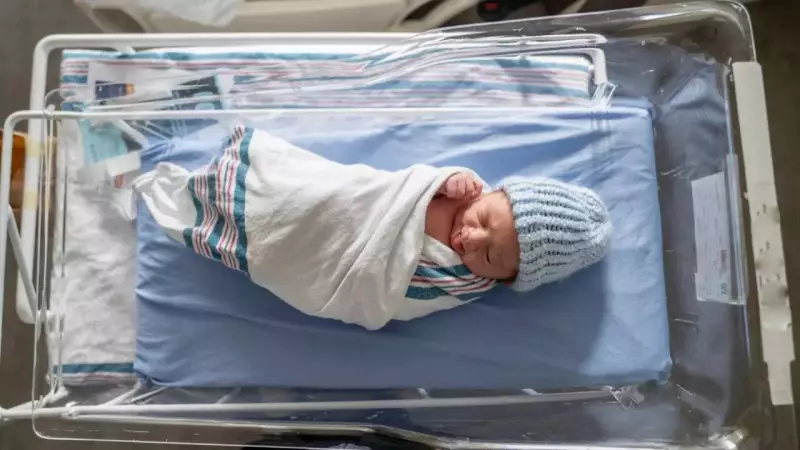
At first glance, a human newborn seems remarkably vulnerable. Unlike a zebra that can run within hours or a deer that quickly follows its herd, a human infant cannot walk, feed itself, or even hold up its own head. This apparent helplessness, however, is not a design flaw. According to groundbreaking scientific research, it is a sophisticated evolutionary strategy that paved the way for human dominance on the planet.
The Energy Limit Behind Early Birth
A pivotal peer-reviewed study published in the Proceedings of the National Academy of Sciences (PNAS) provides the key. The research reveals that human childbirth occurs when the energy demands of pregnancy hit a biological ceiling for the mother. Simply put, sustaining a baby inside the womb beyond a certain point becomes metabolically unsustainable.
This forces an earlier birth compared to other primates. Consequently, a significant portion of human brain development is shifted to the outside world. This external development phase allows the infant's brain to grow at an explosive rate, free from the physical constraints of the womb, forming trillions of neural connections.
Helplessness as a Catalyst for Intelligence and Society
This extended period of dependency created a unique opportunity for our ancestors. While most animals must develop survival instincts rapidly, human babies could dedicate their energy to building a complex brain. This was possible only because early humans lived in cooperative groups where childcare was a shared responsibility.
This safety net, often called cooperative breeding, meant that parents and other community members could provide constant care. This long, slow childhood was not a liability but an investment. It allowed for the development of:
- Larger, more adaptable brains
- Complex language and communication skills
- Stronger emotional bonds and empathy
- The ability to learn and adapt to diverse cultures and technologies
This evolutionary trade-off—sacrificing physical independence for mental capacity—is what ultimately equipped humans with unparalleled problem-solving abilities and creativity.
Embracing the Slow Pace of Human Development
For modern parents, this research offers a reassuring perspective. Worrying about when a baby crawls, talks, or walks misses the bigger picture. Human infants are designed to develop slowly. Their brains are hard at work, learning from every interaction.
Rather than rushing milestones, the focus should be on nurturing relationships. Talking, playing, and responding sensitively to a baby's needs are not just acts of care; they are essential inputs that stimulate the very brain growth that defines human intelligence. A baby's cry for comfort is not a setback—it is a moment of connection that builds trust and teaches that survival is a social endeavor.
In the grand narrative of evolution, human helplessness is our greatest strength. It forced us to cooperate, to communicate, and to care. It gave us the time to learn, create, and build civilizations. The next time you hold a helpless newborn, remember, you are witnessing the very secret of human success.






